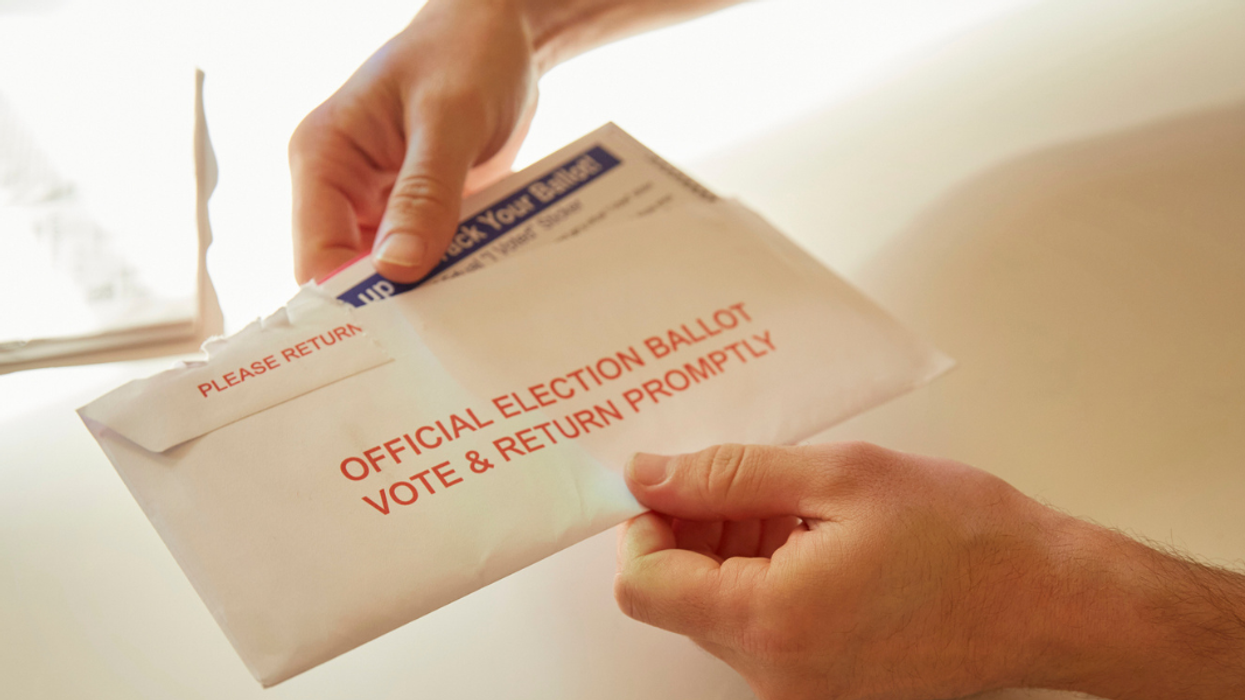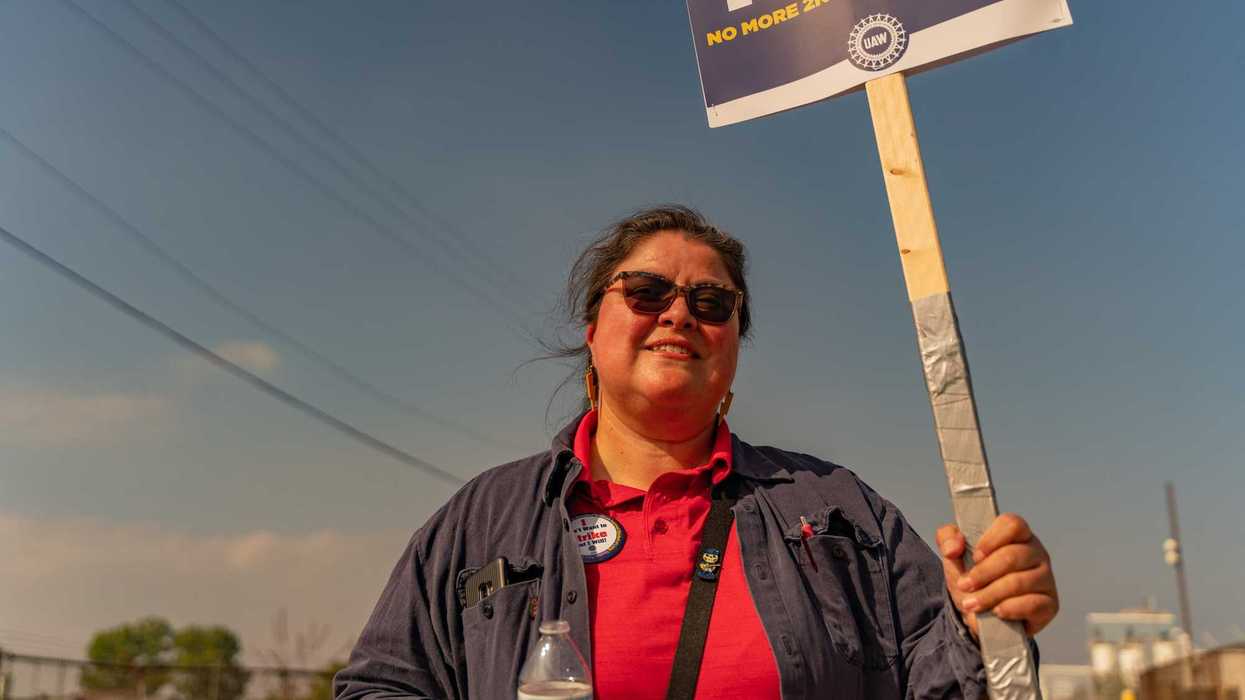Barbara Smith Warner serves as Executive Director of the National Vote at Home Institute (NVAHI).
Most discussions of voting tend to think of the US as a monolith, when in fact every state (and territory) runs its own election system. At the National Vote at Home Institute (NVAHI), we believe that robust mailed-out ballot systems are the key to voting that is fair and equitable for every American. They increase turnout across demographics, regardless of party affiliation, while maintaining security and instilling confidence in the results.
While only eight states and the District of Columbia mail a ballot to every eligible voter for every state and federal election, the rest reflect a variety of policies that make it easier or more difficult to vote at home. NVAHI recently released the first-ever scorecard to assess how “vote at home friendly” all 50 states and the District of Columbia are. Based on 15 criteria and informed by state policies and practices as of March 15, 2023, the scorecard provides a roadmap for state legislators, election officials, and citizens interested in moving their states closer to embracing full vote at home election systems.
In 2018, when NVAHI was founded, only four states exercised full vote at home election systems; just five years later, there are now eight states (California, Colorado, Hawaii, Nevada, Oregon, Utah, Vermont, and Washington) and Washington, D.C., covering almost 20% of U.S. voters.
What makes other states more vote at home friendly? A variety of inclusive policies that make mailed-out ballots more accessible and trustworthy to voters. From allowing “permanent absentee” (or single sign-up) that allow voters to automatically receive their mailed-out ballot for at least four years of future elections, and local option laws that allow the vote at home model in specific circumstances; to ballot tracking technology where voters can follow their ballots and “notify and cure” policies that allow voters to correct mistakes or update their signatures, there’s many ways to score.
Oregon, the first state to convert to a full vote at home model and the nation’s top performer for voter turnout in the 2022 midterm election, sits in the top 10 alongside California, Washington, Nevada, Colorado, District of Columbia, Hawaii, Utah, Vermont, and Arizona—all of whom exercise the full vote at home or no-excuse election landscape. In contrast, the ten lowest-scoring states have “excuse required” laws that mandate voters to provide a narrowly defined specific reason to vote by mail, ultimately hindering voter participation.
After the 2022 midterm elections, we saw a shift in the perception of this increasingly popular voting method that has been used without criticism for centuries. We listened as influential political voices — who once associated mail voting with fraud — began to promote mailed-out ballots as a feasible alternative to in-person voting. Those whose years-long crusade to discourage the use of mailed-out ballots resulted in decreased voter participation are choosing to seize the opportunities made possible by expanding access to the ballot box. What is definitive is that while voter turnout has boosted in the vote at home states, incidences of consequential fraud are notably absent.
When tracking the primary turnout in 2022, NVAHI found that states who sent ballots to all registered voters, or those where more than 75% received mailed-out ballots as “permanent absentees,” had an average turnout rate of 35%, compared to 26% for no-excuse required for mailed-out ballots states, and just 19% for states that are excuse required.
Over the last 20 years, we estimate over 1 billion ballots have been mailed out nationwide for presidential and midterm elections, party primary races, special vacancies, and local elections. This act of automatically receiving your ballot a few weeks before the election, and voting from the comfort of the space of your choosing, has significant turnout impact but no significant partisan impact. It’s good for participation, and that’s good for democracy. We hope that the scorecard will provide both the motivation and the roadmap for every state to move toward adoption of full vote at home models, while utilizing the best practices of these systems as they go.



















Why does the Trump family always get a pass?